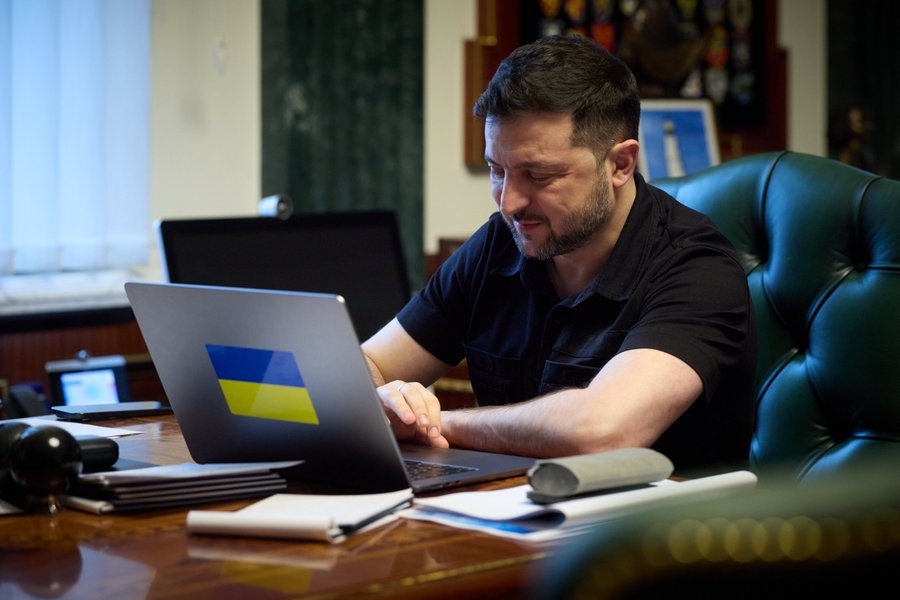I recently passed through Hamad International Airport and I couldn’t believe the welcoming atmosphere. ‘Karibu sana madam’ (you are very welcome madam), at my first passport check at Hamad, is that kind of welcome any Kenyan would want, after a long flight.
I couldn’t help but notice the smiles and smooth handling everyone from our flight got. I was further amazed, when getting my luggage from the scanner, when one of the passport check officials told me, "hebu harakisha usiwachwe," which translates to "hurry up, so you are not left behind."
While rushing through this world-renowned airport, an airport spanning 22 km2 and with a 600,000m2 terminal that serves roughly 30 million passengers per year, I encountered even more interesting experiences.
While in the washroom I overheard two ladies chatting in Swahili. Coming out I realised it was two cleaners taking turns to clean the washrooms and of course going by their Swahili and accents, they were Kenyans.
So I happily said hello, had a laugh with them, responded to their questions about Zakayo’s wellbeing’ and our Jamhuri and I left with my heart warmed up and continued running through the paths looking for gate B10.
I then remembered I had not gotten the cliché fridge magnets, then at the counter on one of those beautiful duty-free shops, while the converted amount in Kenya shillings nearly threw me off balance and trying to add the maths that’s not ‘mathing’, the attendant asks for my boarding pass, then goes ahead to ask, "Utalipa aje," which translates to "how will you pay?"
These experiences made me wonder how liberal Qatar could be in hiring migrants in very important dockets to represent their nation, and the relation of their values to the human needs’ theory.
According to the human needs’ theory, one of the many models that tries to explain life in academia, one of the aspects of human beings that’s really hard to change are the values that they hold.
Identity, religion, ideology, self-image and social belonging are some of those aspects that add up to the values we hold on a day-to-day basis. Those are the tags that we walk with, that make us have further deep-rooted tags such as tribes, race, nationalities and even regional blocks. These values, carelessly handled, can cause conflict.
How Qatar came to accept that they can actually replace or compliment their self-image, entrust some of their very sensitive dockets, such as immigration and day to day services at one of their best national brands is something to appreciate about the nature of human beings and nations. This includes their ability to appreciate other people’s values and implement the concept of diversity dividends in their quest towards further development.
When nations appreciate and identify the importance of diversity, growth happens. It is however good to note that there can be good and bad outcomes if poorly implemented.
Qatar, a country with rich resources and oil and natural gas reserves, has however managed to work around transformational powers of change through attracting diverse talent, managing better and making more money. This is what Kenyans quickly identified about Qatar and seized opportunities.
That Kenyans in large numbers now work in Qatar is worth a research topic. Whatever the push factor is should not be a big worry for the government for now. For whatever it is, they are happy, their needs are taken care of through their earnings, and they ultimately have some sort of sense of belonging. It is working for them and their host country Qatar, and Kenya, because most of these Kenyans send money home to family or for investment.
All this reflects the fact that determined Kenyans can detach and become unstoppable. Or is this economic migration due to joblessness and continued brain drain for Kenya? Nevertheless, I hope to go back to Qatar one day on vacation, because granted, I will most probably be treated to the Kenyan spirit of service at most of their hospitality spots.
The author is communications researcher and scholar, currently pursuing Peace and Development Work Studies in Sweden














